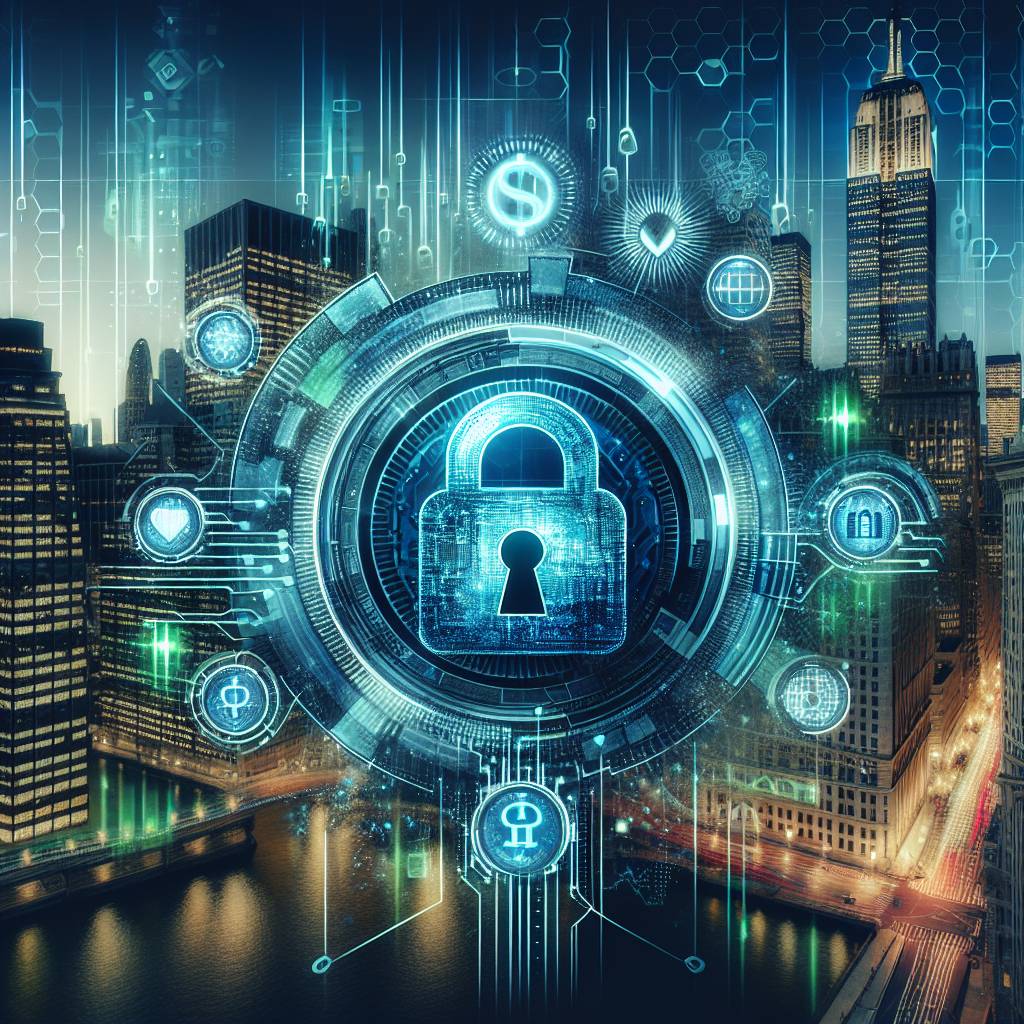What are the best practices for securing a Bitcoin account?
What are some recommended strategies and techniques for ensuring the security of a Bitcoin account?

3 answers
- When it comes to securing your Bitcoin account, there are several best practices you should follow. First, always use a strong and unique password for your account. Avoid using common passwords or easily guessable information. Additionally, enable two-factor authentication (2FA) to add an extra layer of security. This will require you to provide a second form of verification, such as a code sent to your mobile device, in addition to your password. Regularly update your software and keep your operating system, antivirus, and wallet software up to date. Be cautious of phishing attempts and only use trusted websites and wallets. Lastly, consider using a hardware wallet for added security. These devices store your private keys offline, making them less vulnerable to online attacks.
 Dec 06, 2021 · 3 years ago
Dec 06, 2021 · 3 years ago - Securing your Bitcoin account is crucial in protecting your assets. One of the best practices is to keep your private keys offline and in a secure location. This can be achieved by using a hardware wallet or a paper wallet. Another important aspect is to regularly backup your wallet and store the backup in a safe place. In addition, be cautious of malware and phishing attempts. Always double-check the website's URL and ensure you are using a secure connection (HTTPS). It's also recommended to use a separate computer or device for your Bitcoin transactions to minimize the risk of malware infection. Lastly, consider using a multisignature wallet, which requires multiple signatures to authorize transactions, providing an extra layer of security.
 Dec 06, 2021 · 3 years ago
Dec 06, 2021 · 3 years ago - At BYDFi, we prioritize the security of our users' Bitcoin accounts. To ensure the safety of your account, we recommend following these best practices. First, enable two-factor authentication (2FA) to protect against unauthorized access. Second, use a hardware wallet to store your Bitcoin offline and away from potential online threats. Third, regularly update your wallet software and operating system to patch any security vulnerabilities. Fourth, be cautious of phishing attempts and only use trusted websites and wallets. Lastly, consider using a VPN (Virtual Private Network) when accessing your Bitcoin account to encrypt your connection and protect your privacy.
 Dec 06, 2021 · 3 years ago
Dec 06, 2021 · 3 years ago
Related Tags
Hot Questions
- 91
What are the best digital currencies to invest in right now?
- 83
How can I protect my digital assets from hackers?
- 70
What are the best practices for reporting cryptocurrency on my taxes?
- 65
Are there any special tax rules for crypto investors?
- 49
What is the future of blockchain technology?
- 48
How can I buy Bitcoin with a credit card?
- 28
What are the tax implications of using cryptocurrency?
- 27
How does cryptocurrency affect my tax return?
